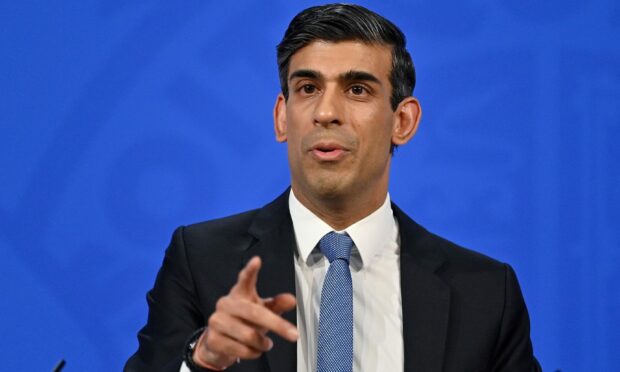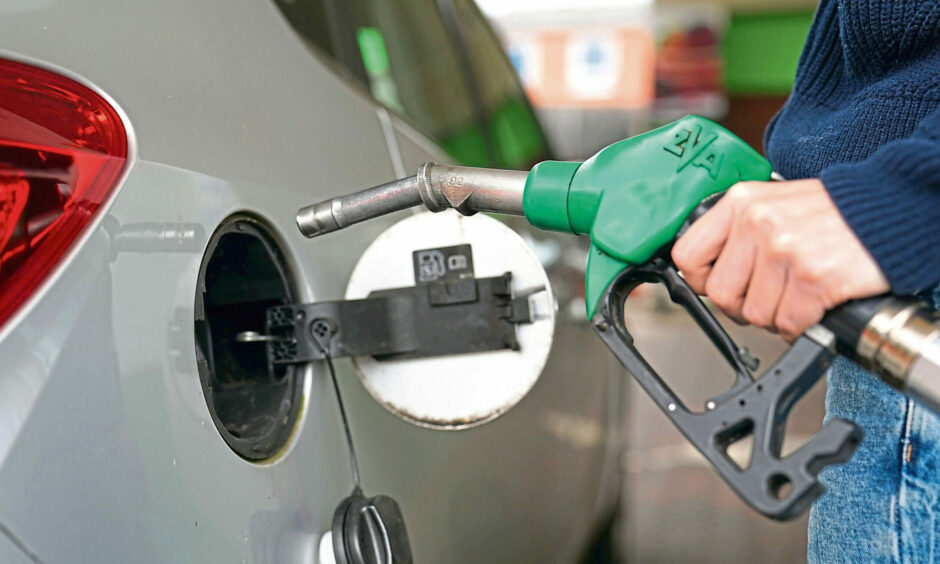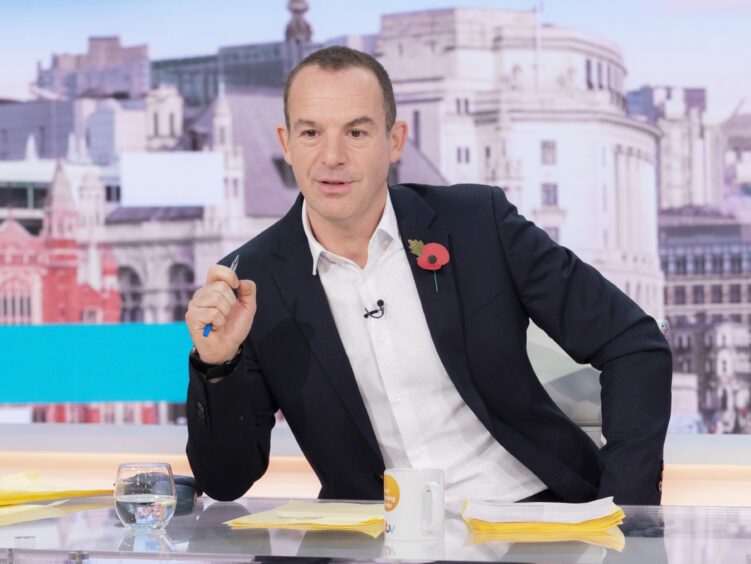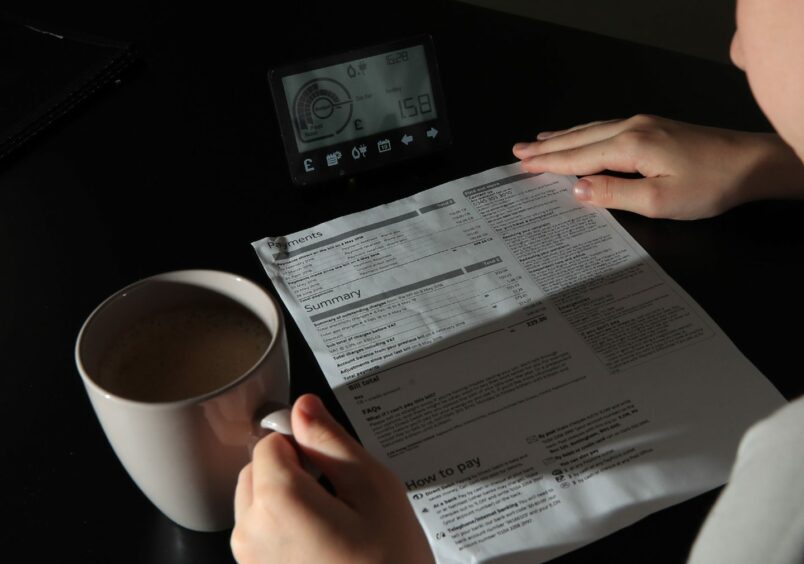A cut to fuel duty to ease the cost of living crisis could be on the cards when Rishi Sunak reveals his spring statement on Wednesday.
Hopes are rising that the chancellor might reduce the levy by 5p a litre as motorists have faced unrelenting rises in the cost of filing the tank.
Over the weekend Mr Sunak pledged to “stand by” hard-pressed householders facing “prohibitively expensive” petrol prices.
Speaking to BBC’s Sunday Morning programme he added: “Where we can make a difference, of course we will.”
Pressure on price
The chancellor has come under intense pressure from his own backbenchers to cut fuel duty, with more than 50 MPs writing last week to demand the move.
Campaign group Fair Fuel UK said prices rises have added an average of £25 to fill up an average family car and that a 5p cut will make businesses more competitive and viable, as well as helping to reduce living costs.
The Resolution Foundation think tank has estimated the 5p cut would cost the Treasury around £2.5 billion a year.
Crisis point
Warnings emerged over the weekend that ordinary families will need major political intervention to avoid a massive rise in poverty.
Personal finance advice guru Martin Lewis raised the alarm about the scale of the problem over the weekend
The specialist who is known as the Money Saving Expert made an emotive plea:
“As the money saving expert, who’s been known for this, I am virtually out of tools to help people now,” he said.
“It’s not something money management can fix.
“We need political intervention.”
Financial pressure has been building as the economy struggles to recover in a pandemic, fuel crisis and war in Ukraine.
The UK Government treasury boss sets out his “mini budget” on spending on March 23.
Mr Sunak is facing calls to take action, including:
- Cut fuel duty as petrol prices soar
- Offer aid for energy bills
- Reverse a £20 cut to Universal Credit
He is also under pressure to consider a windfall tax on oil and gas, which could have major implications in Scotland.
Inflation soaring
Consumers have faced rising costs driven by rampant inflation which has hit thirty year highs.
Costs rises for staples like food and fuel have been driven higher by the Ukraine crisis.
In April, a series of other price rises are set to hit household finances, including National Insurance (NI) contributions and household fuel bills.
Next month has been described as financially “horrendous” for people by one economic expert.
Residents across the north and north-east have already received letters informing them of massive hikes in their energy bills.
They are set to soar by nearly £700 next month after regulator Ofgem lifted the price cap.
And there’s huge concern the Ukraine-Russia crisis will disrupt supplies across the world which could push prices up further in the UK.
It is thought ministers are also considering plans to wipe out the 1.25 percentage point National Insurance (NI) tax rise for low earners by raising the threshold above which it is paid.
There was speculation at the weekend that officials have been studying similar changes to income tax thresholds and allowances.



